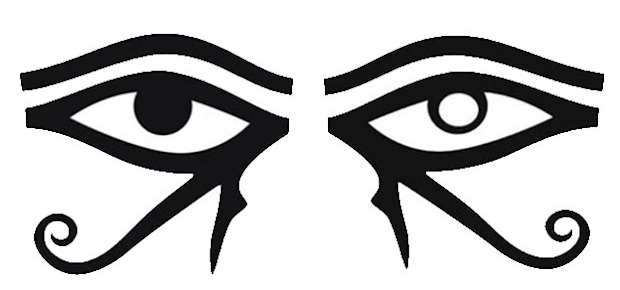4/19/2024
Where's my Red Heifer Sukiyaki ? SEBASTIAN?
https://jyado.blogspot.com/2024/04/wheres-my-red-heifer-sukiyaki-sebastian.html
https://iss.jaxa.jp/shuttle/flight/sts95/sts95sts_nasa_1104_13.html
Just bring over 17 Beautiful White Young Teen Virgin Girls so that I can drink straight from them, Earthlings !
LoLLoLLoLLoLLoLLoLLoLLoLLoLLoLLoLLoLLoLLoL




赤ん赤ンww
返信削除Knock
Out
LoL
https://www.etymonline.com/word/earthling
返信削除earthling (n.)
Old English yrþling "plowman" (see earth (n.) + -ling); the sense of "inhabitant of the earth" is from 1590s and might be a re-formation, as the word seems to be missing in Middle English. Compare earthman. Earlier in this sense was earthite (1825).
Entries linking to earthling
earth (n.)
Origin and meaning of earth
Old English eorþe "ground, soil, dirt, dry land; country, district," also used (along with middangeard) for "the (material) world, the abode of man" (as opposed to the heavens or the underworld), from Proto-Germanic *ertho (source also of Old Frisian erthe "earth," Old Saxon ertha, Old Norse jörð, Middle Dutch eerde, Dutch aarde, Old High German erda, German Erde, Gothic airþa), perhaps from an extended form of PIE root *er- (2) "earth, ground."
The earth considered as a planet was so called from c. 1400. Use in old chemistry is from 1728. Earth-mover "large digging machine" is from 1940.
earthman (n.)
also earth-man, 1860, "a spirit of nature; a demon who lives below the ground," from earth (n.) + man (n.). Science fiction sense of "inhabitant of the planet Earth" first attested 1949 in writing of Robert Heinlein.
-ling
diminutive word-forming element, early 14c., from Old English -ling a nominal suffix (not originally diminutive), from Proto-Germanic *-linga-; attested in historical Germanic languages as a simple suffix, but probably representing a fusion of two suffixes: 1. that represented by English -el (1), as in thimble, handle; and 2. -ing, suffix indicating "person or thing of a specific kind or origin;" in masculine nouns also "son of" (as in farthing, atheling, Old English horing "adulterer, fornicator"), from PIE *-(i)ko- (see -ic).
Both these suffixes had occasional diminutive force, but this was only slightly evident in Old English -ling and its equivalents in Germanic languages except Norse, where it commonly was used as a diminutive suffix, especially in words designating the young of animals (such as gæslingr "gosling"). Thus it is possible that the diminutive use that developed in Middle English is from Old Norse.
...LoLLoL